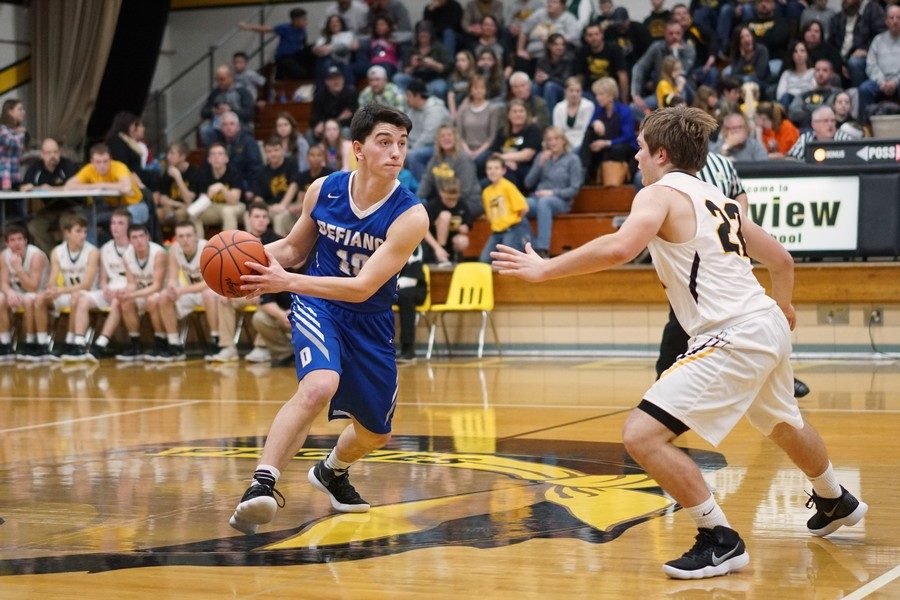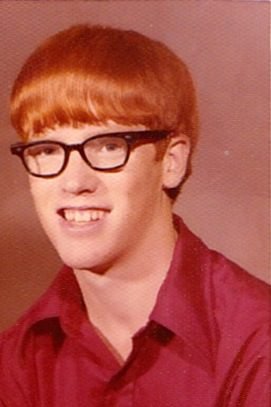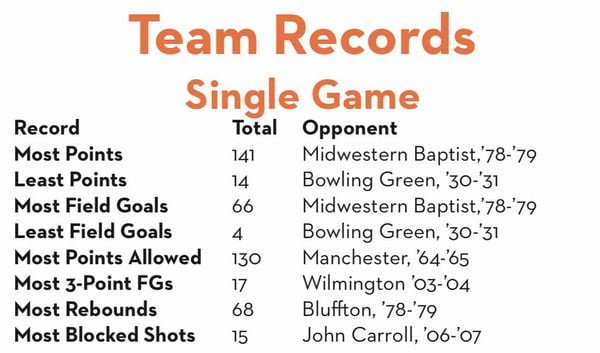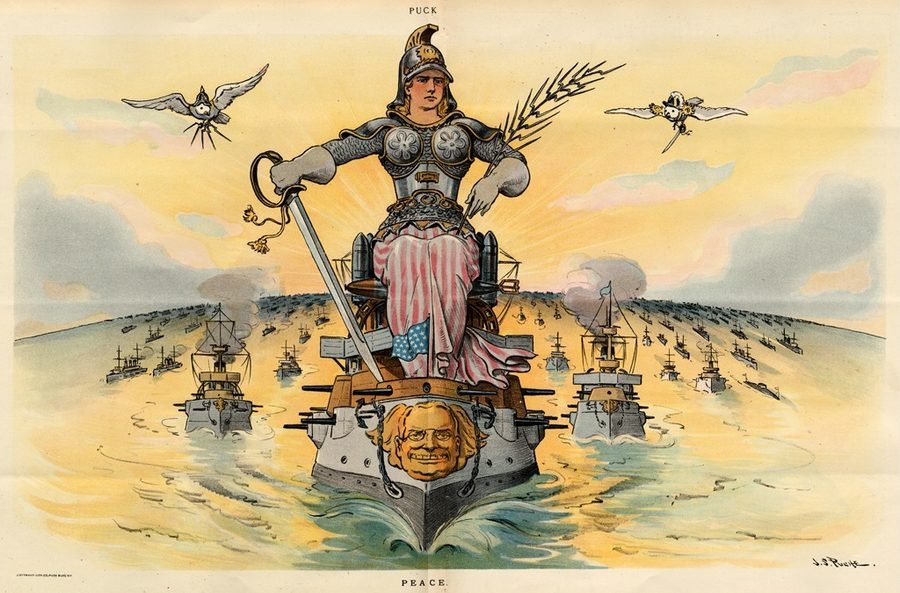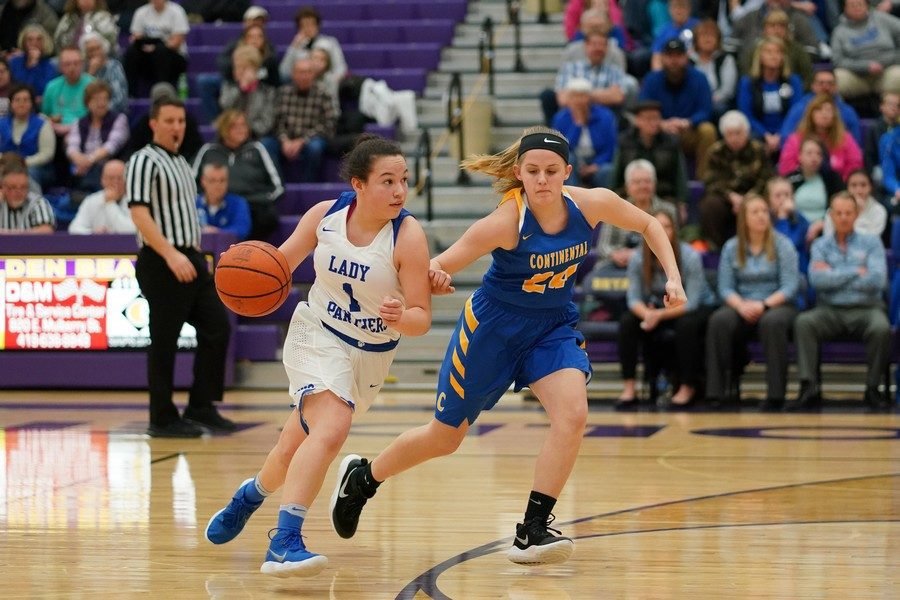
(I took the above photo in 2018. Newer readers may not know that I was a professional photographer before spine, neck, and shoulder pain ended my career. Sports photography is challenging, requiring professional equipment to do it right. I wept when I sold off my equipment.)
I played high school and college (before an injury ended my short career), and adult rec league basketball, ending my roundball career with knee problems in my early thirties. I also played little league and high school baseball, along with playing slow-pitch softball as an adult. I played one year of junior high football, and in my early twenties, I played tackle football (without pads) with local men I was trying to evangelize. My partner, Polly, learned early in our relationship that I was a sports addict, an addiction I feed these days with televised sports and attending my grandchildren’s sporting events.
Moving all the time didn’t help my sports career much. I attended four different high schools — one school twice as I moved in and out of the district. I experienced the joy and heartache of tryouts. This carried into my adult life. I played a lot of pick-up basketball as an adult. Typically, two players were chosen as captains, and then they would choose players for their respective teams. No one wanted to be the last player standing. Fortunately, I was a good enough player that I never experienced the feeling of being chosen because I was the last person available. As a baseball player, I was an end-of-the-bench outfielder, next to the bat boy. Nothing in my play suggested I would turn into a starting player. I am lefthanded, and I suspect that was why coaches chose me for their teams. I couldn’t hit a breaking ball to save my life, and my fielding was nothing to write home about. What coaches valued was my speed. I was fleet afoot as a young man, so coaches would insert me in situations when they needed someone to bunt. “Bunt and run like hell,” my coaches told me. And so I did; that is if the pitcher — not used to pitching to lefties — didn’t drill me in the head or hit me in the back with a fastball.
Today, I read an article about how one high school basketball coach let prospective players know they didn’t make the team. This post is not about the article’s subject as much as a statement made by its author, Charles Thompson, saying that sports is the ultimate meritocracy; that players make teams based on performance alone. As I read this statement, I wondered if Thompson had ever played high school sports. Meritocracy, my ass.
I attended Findlay High School in ninth, part of tenth, and eleventh grades. Findlay was one of the largest high schools in Ohio — over 3,000 students from ninth through twelfth grade. Hundreds of boys tried out for the ninth grade, junior varsity, and varsity teams. On any given year, out of hundreds of boys, thirty or so boys would be picked to play for Findlay for the first time. The rest of the team rosters comprised players from previous years.
I tried out my ninth-grade year. I didn’t stand a chance, but some of my friends were trying out, so I thought I would too. I was short (I didn’t gain much height until tenth grade) and had only played basketball for two years. One of the coaches gave me a brief look and then moved on to more promising players. And with that, my hope of playing for Findlay High School was over. Fortunately, the city sponsored an ultra-competitive high school basketball league for those who didn’t make local high school teams. I played three years in this league, starting all three seasons. In the fall of my tenth-grade year, I lived with a church family who lived in the Riverdale School district. Tryouts were different. In fact, I didn’t have a tryout. One day during lunch, some of us were playing basketball in the gymnasium. From a distance, the varsity basketball coach watched me play, and afterward came up to me and asked if I was interested in playing basketball. “Absolutely,” I replied. I quickly learned there was a big difference between big-school and small-school basketball. Unfortunately, before I could shoot my first shot, I had to move again; back to Findlay and the home of an elderly church member.
Over the years, I experienced several tryouts. While merit (ability) certainly played a part in evaluations, to suggest that sports is solely a meritocracy — especially at the high school level — is absurd. Social standing and parentage often played a big part in who made the team. Who you were was often more important than what you could do on the field or court. It was not uncommon for the coach’s son to make the team. The same goes for players whose parents had social standing in the community. Who your family was often played a bigger part than your skill. More than a few good players are left off teams solely because of their lack of a recognizable name and social status.
I am not opposed to merit being the basis for selection, be it a high school basketball team or a job, but to suggest merit alone determines the outcome flies in the face of reality. The reasons a boy or girl makes a team are more than just merit. Besides, how objective is merit, to start with? They say merit is the only factor, but the whole process seems quite subjective, driven more by local politics or social status than competency. Merit matters, but to suggest that alone decides who makes the team and who doesn’t is a denial of the political and social factors that often drive high school sports.
Did you play sports in high school? Please share your experiences with the tryout process and making the team.
Bruce Gerencser, 68, lives in rural Northwest Ohio with his wife of 47 years. He and his wife have six grown children and sixteen grandchildren. Bruce pastored Evangelical churches for twenty-five years in Ohio, Texas, and Michigan. Bruce left the ministry in 2005, and in 2008 he left Christianity. Bruce is now a humanist and an atheist.
Your comments are welcome and appreciated. All first-time comments are moderated. Please read the commenting rules before commenting.
You can email Bruce via the Contact Form.

